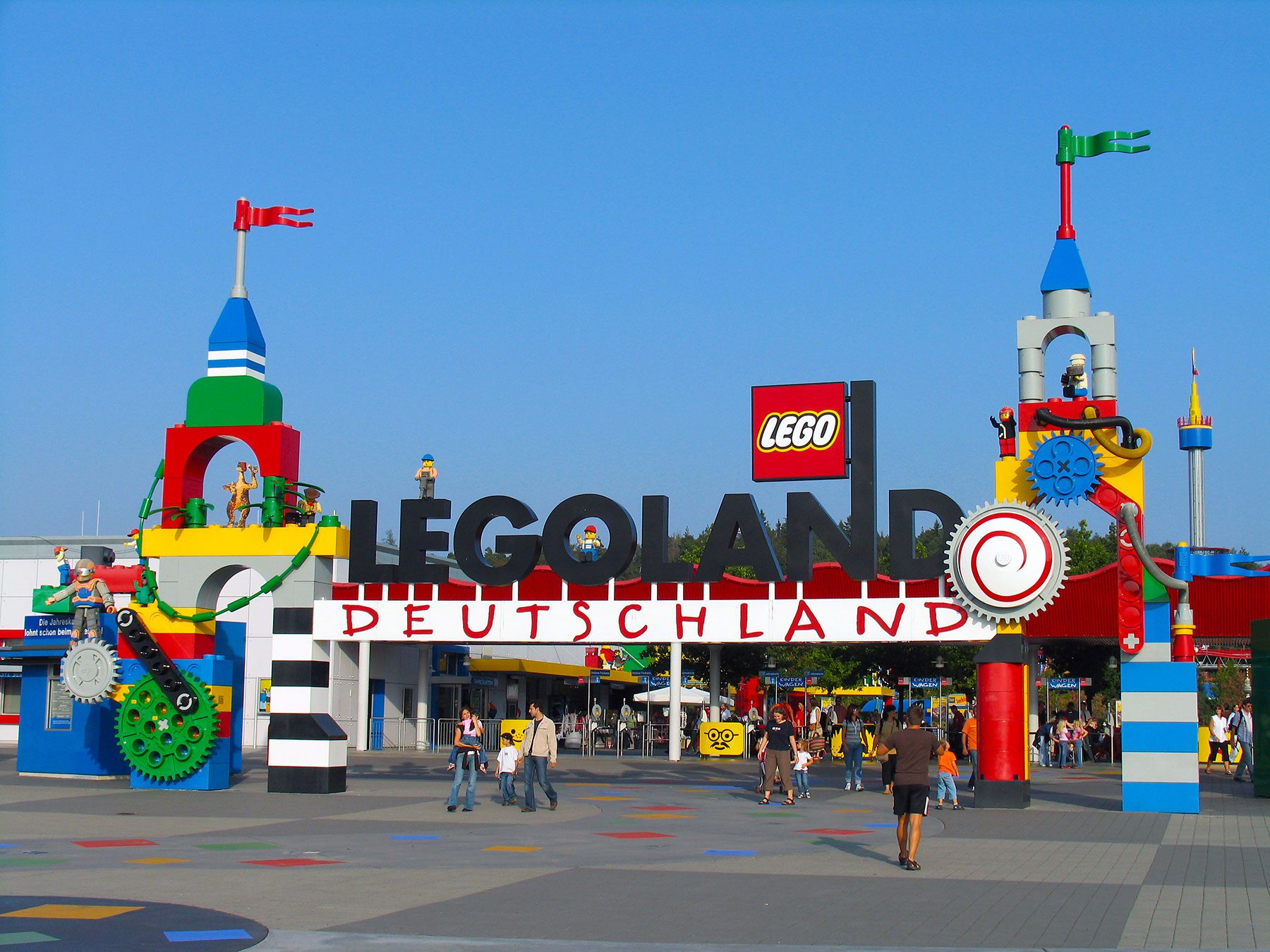Getting to Go!: Navigating the Entertainment Development Entitlement Process
The roadmap and timeline to ‘Go!’ when an entertainment development project has secured discretionary approvals for land, public-private partnership (PPP), and funding, are not a one-size-fits-all solution.
The roadmap and timeline to ‘Go!’ when an entertainment development project has secured discretionary approvals for land, public-private partnership (PPP), and funding, are not a one-size-fits-all solution. The planning and scheduling will largely depend on what part of the world a site is located—which informs its applicable entitlement process, financing strategies, and degree of government support.
Establishing relationships and developing the framework for these three critical components of land, PPP, and potential funding partners are the foundational pre-development work that needs to be completed by the time a project reaches Gate 1. The more research and due diligence performed at the front end into these three key workstreams can make all the difference in how smoothly or challenging the process can be.
‘Getting to Go!,’ or reaching the point of being ready to pass through Gate 2 where the project is deemed to be deliverable, is typically approximately 2 years, but can be as long as 5 years if not understood and well planned for.
We will focus on the first workstream here: Land.

At nFusion, we typically assess a site by conducting a feasibility study to ensure the location meets market needs and warranted investment, as well as gain a deep understanding of who the regional competitors. We then look at the physical planning parameters of the site: size, the program, capacity, and parking required.
That said, prior to that study or at least parallel with those efforts, an assessment of other factors is needed. Land adjacencies, site constraints, transportation, and utilities infrastructure availability and access are critical site factors to evaluate and then investigate. If a site is determined to be feasible, all those considerations then affect land use planning and budget, as well as how you frame the PPP proposal.
The entitlement process is one of the most important aspects of development as it, in simple terms, provides permission to develop the type of project that a developer wants to realize. It can be a complicated, time-consuming, and expensive process especially in major metropolitan cities where land is scarce and land values are high—of course, the best markets to drive attendance.
Considerations for entitlements that may affect the schedule, cost and, ultimately, the decision as to whether this is the right site for a project, include:
Land Use Policy / Zoning: Do your project goals fit within the City’s vision set out by its leaders?
For instance, if the City has a vision to increase tourism by 2030, then an entertainment project could fit within that vision and the government would be in support of various PPP asks, such as transportation improvements, to meet that goal. If the site is already designated as a ‘land use’ that is compatible with proposed project, and—even better—if the land is already zoned for that use, e.g., tourism and entertainment, that could shave years off the process.
Public Support / Engagement: Just as critical to an entertainment project as the government’s support is the public’s support. Events like open houses and town halls, where the public can get introduced to the project and make their opinions heard, are all necessary tasks. These should be planned for long before reaching the public hearing stage of the planning commission approval process.
Community relations, especially relationships with influential leaders and organizations, can make all the difference in how smooth or difficult that journey can be. It is important to understand how changes in land and public policy may affect community organizations and be ready to manage that through the right communication and messaging that speaks to key stakeholders, so that they can serve as advocates for the project in achieving its goals.
Although the project can promise to deliver economic benefits to the region, the community where the project resides must further be convinced that the upsides of the project are worth the inconveniences of increased noise, traffic, and congestion.
Local Developer / Partner: For international projects, having the right local developer and partner is absolutely essential in driving the land and PPP workstreams forward. Not only does the local partner have the ability to attend key meetings as they arise—they are also familiar with the entitlement process being a seasoned developer in the region. They most likely have established relationships with the government and community leaders that would ease the many challenging discussions on issues that would occur during the multi-year development phase.

Many moving parts and workstreams must align on the successful path to ‘Go!’ in an entertainment development project. The entitlement process is the first foundational moving part that much be navigated—because without the land, there is no project.

